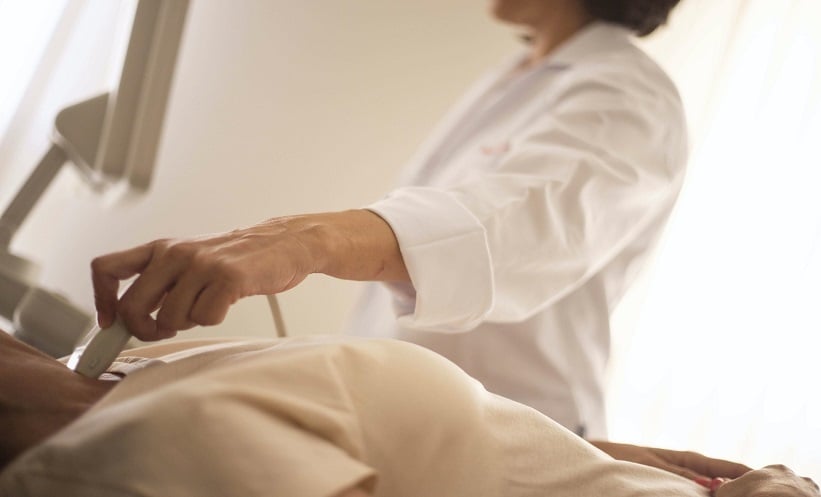SEVERAL barriers to active surveillance for thyroid cancer have been identified, including fear of adverse events, psychological distress, negative response to diagnosis, and negative emotional reactions. Furthermore, support of family members, advice of medical staff, and surveillance protocol were identified as factors influencing patients’ decision-making.
Pingting Zhu, Yangzhou University, China, and colleagues, recruited patients who had a tumour smaller than 1 cm and were suspected to have thyroid cancer, or were diagnosed with papillary thyroid cancer, and offered them either active surveillance or surgery. Out of 39 participants, 15 picked active surveillance, and 24 chose surgery. Of those choosing surgery, 10 expressed being motivated by a lack of comprehensive knowledge, with concerns about adverse outcomes for untreated cancer; 21 explained that they saw surgery as a definitive treatment to prevent disease progression; 11 expressed feeling negative emotions and psychological distress due to their tumour; and 10 perceived active surveillance as an irresponsible choice. Further, eight participants felt that active surveillance would leave them in a disease state; all but one expressed a negative response to having cancer; and six did not want active surveillance due to the need for regular follow-up.
In the active surveillance group, however, eight participants reported feeling optimistic about active surveillance, and seven reported having a good understanding of the approach. Data further showed that seven participants did not want a functioning organ to be removed; all but one participant did not perceive their diagnosis to be as harmful as other cancers; 11 wanted to avoid residual effects of surgery; six were convinced by the surveillance systems that were conducive to early detection of disease progression; and 10 made the decision due to recommendation from a professional physician.
The researchers stated: “These findings may be used to guide development of future educational and behavioural interventions designed for patients, their families, and staff, with the ultimate goal of enhancing the adoption and the implementation of active surveillance in patients who may want it.” In the future, focus should be placed on improving patients’ knowledge of active surveillance, and providing psychosocial support.








